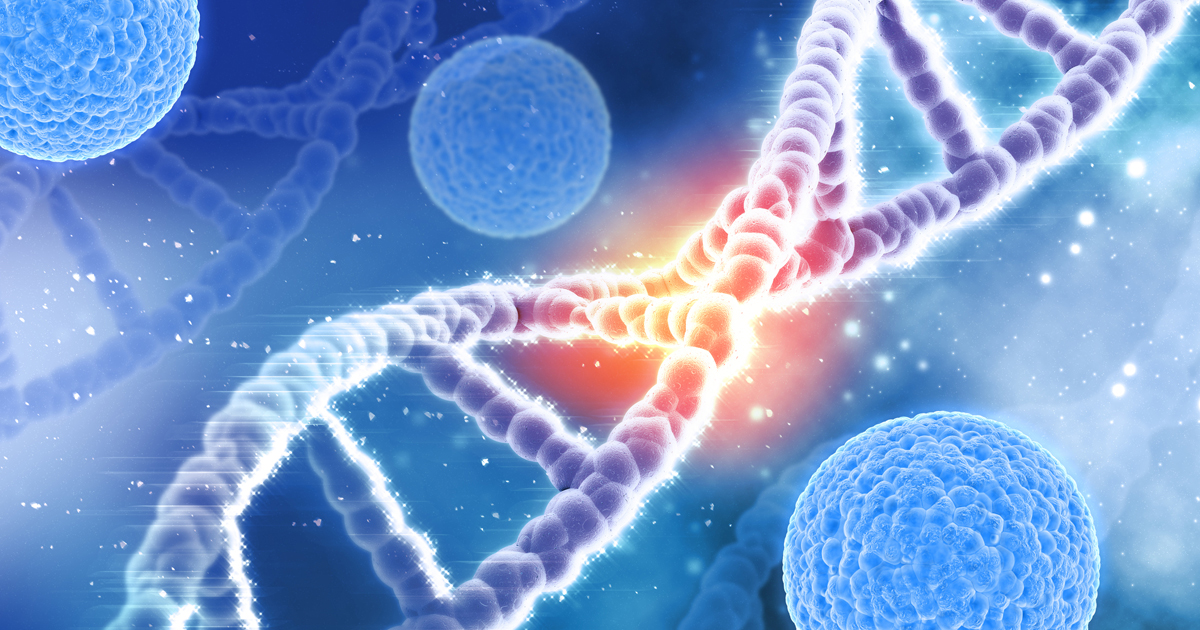Understanding The Causes And Risk Factors Linked To Mouth Cancer
Mouth cancer is a malignancy of the neck and head that can occur on the lips or surface of the tongue, as well as in the gums, tonsils, inside of the cheek, the floor of the mouth, the roof of the mouth, and in the salivary glands. Those who develop cancer in the mouth are typically older than forty. Men are more than twice as likely to develop mouth cancer than women are. Early stages of oral malignancy do not have any obvious symptoms. Later progression of oral cancer manifests in non-healing mouth ulcers or sores, swallowing pain, loose teeth, hoarse voice, tongue pain, poorly fitting dentures, persistent swelling, red or white patches on the mouth or tongue, a lump in the mouth, jaw pain, and neck pain. Oral cancer is treated with the use of surgery, chemotherapy, or radiation therapy.
Certain factors can increase an individual's risk of developing mouth cancer. Learn about them now.
Cell Mutations

An individual who has certain DNA mutations in the cells that make up their oral cavity are at an increased risk of developing oral cancer. The cellular DNA is the set of instructions that tells the cell how to perform its functions. Only mutations of certain regions of the cellular DNA are known to cause the development of malignancy. These sections of cellular DNA include those that influence the processes of cell differentiation, adhesion, senescence, division, and apoptosis. It has been proven that anywhere between three and six mutations are required for a cell to alter into its malignant counterpart. The cell becomes functionally independent from neighboring oral epithelium as it accumulations such alterations. The cell acquires the ability to proliferate, grow, or invade locally, and stimulates neovascularization. Essentially, a cell has to gain function as well as lose function to become malignant. Changes that happen in tumor suppressor genes and proto-oncogenes cause the functional gain, while changes that happen in growth-inhibitory pathway genes and other tumor suppressor genes cause the functional loss. Oral cancer has been strongly associated with deletions that occur in chromosomes 9, 18,13, and Y.
Reveal more mouth cancer risk factors now.